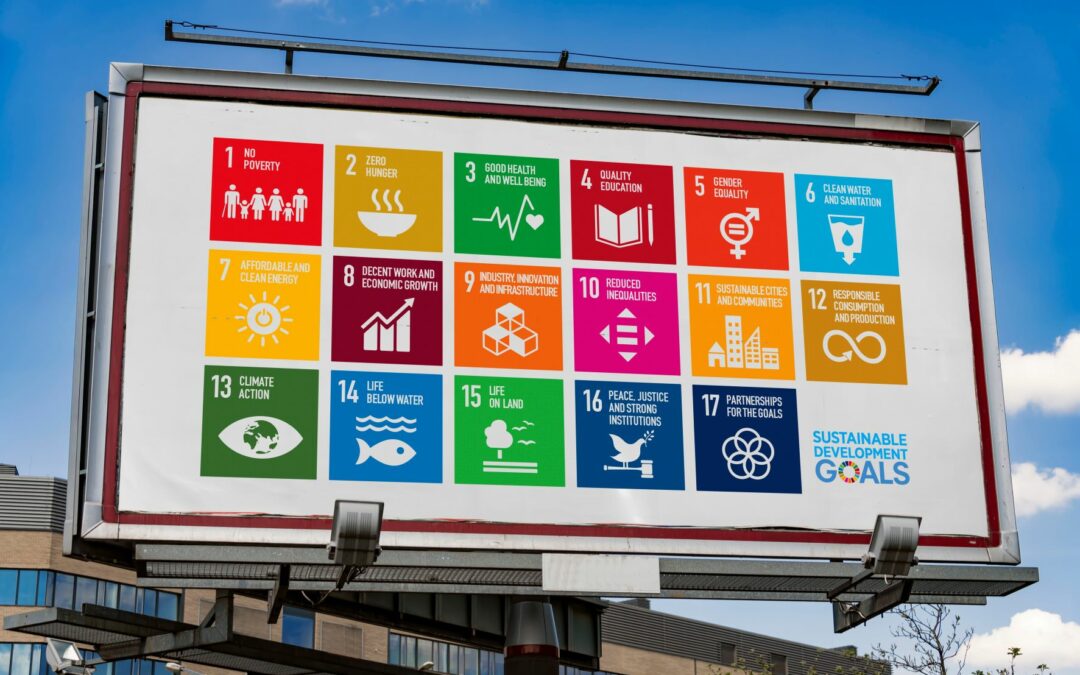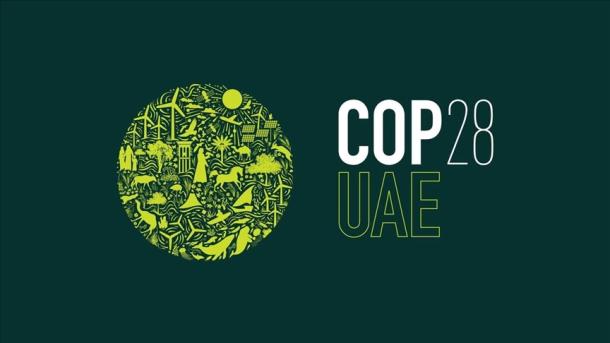The concept of Human Security
While the traditional notion aims to defend a nation-state in its territorial integrity through increased military means, human security focuses on the individual. This concept of security is linked to human development, understood not as macroeconomic growth but as expanding people’s capabilities and freedoms.
The origins of the concept can be traced back to the end of the Cold War, when security problems and risks emerged to political, social, and economic crises in the world’s poorest regions, demonstrating the precarious conditions in which millions of people worldwide were and are living. In 1994, the United Nations Development Program (UNDP) highlighted in its Human Development Report the four essential characteristics of human security: universality, interdependence, anthropocentric, and focused on early prevention.
The need for a theoretical shift
At present, there has been an increase in civil conflicts and complex emergencies, which are difficult to explain from the traditional concept of security. They are not caused by external aggression but primarily by internal political, economic, and cultural factors such as state and financial collapse, ethnic exacerbation, and warlordism.
Therefore, the alternative is to define security not based on borders but on each person’s possibilities of human development. In advancing this concept’s change, social movements and civil organizations made a decisive contribution to working in peace, the environment, development, and human rights.
The organizations present here align with the two critical strategies of protection and empowerment to promote a human security-centered approach. Through their work, they set up processes to protect people from threats and develop individuals’ and communities’ capacities to be resilient and assertive.
Organization for Security and Cooperation in Europe (1975; Vienna)
It “is the world’s largest regional security organization.” Fosters a comprehensive view of security covering three “dimensions”: the politico-military, the economic-environmental, and the human dimension. Therefore, it “helps its participating States strengthen democratic institutions; hold genuine and transparent democratic elections; promote gender equality; ensure respect for human rights, media freedom, the rights of persons belonging to national minorities and the rule of law; and promote tolerance and non-discrimination.” Staff: 2880
United Nations University Institute for Environment and Human Security (2003; Bonn)
A UN think-tank carrying out cutting-edge research on risks and adaptation related to environmental hazards and global change. The Institute’s research promotes policies and programs to reduce these risks while considering the interplay between environmental and societal factors. Staff: 29
United Nations Trust Fund for Human Security (1999; New York)
The UNTFHS finances activities carried out by UN organizations. Hence, promotes “integrated and targeted responses that cut across sectors, are grounded in local realities, address the root causes of vulnerabilities, build resilience, and adopt multi-stakeholder partnerships to fully realise the transformative promise of the 2030 Agenda.” Staff: 8 board members
Journal of Human Security (2004; Switzerland)
An international research journal dedicated to “disseminate applied research into a secure and sustainable future for humanity.” In particular, it “brings together expertise from universities worldwide and facilitates communication and collaboration between researchers, practitioners and educators.” Staff: 29
International Peace Bureau (1891; Berlin)
An international peace federation with 300 member organizations in 70 countries. Its core programs are “the Global Campaign on Military Spending (GCOMS) and disarmament for sustainable development, which focuses both on nuclear and conventional weapons, as well as biological weapons, landmines, and small arms.” Staff: 20
International Institute for Human Security (2001; Chicago)
A peacebuilding organization promoting “knowledge sharing and knowledge transfer of crucial know-how related to human security through programming and activities.” Furthermore, advances key concerns of human security, or Societal Stabilizers: good governance, food security, indigenous liberties, climate protection, R2P women, migrants, and victims of modern-day slavery. Staff: 19
Henry J. Leir Institute for Human Security (2001; Tufts University, Medford, MA)
An interdisciplinary education and research organization devoted to studying human security by promoting “research and education on the overlaps between humanitarianism, development, human rights, and conflict resolution.” It “seeks to connect academia with professional practice, aiming to conduct research that is operationally relevant through education, conferences, and fellowships.”
Also, it publishes Praxis – The Fletcher Journal of Human Security, a journal welcoming “articles from a wide geographical and disciplinary range of practitioners and academics on topics that cut across the fields of humanitarianism, development, human rights, and conflict resolution” Staff: 8 faculty and 3 staff
Human Security Centre (2013; London)
An international not-for-profit foreign policy think-tank promoting “the concept of human security as a tool to facilitate a better understanding of the complexity and interrelatedness of threats and as a central pillar of foreign policy in the twenty-first century.” Staff: 16
Ford Institute for Human Security (2003; Univ. of Pittsburgh, PA)
An independent research institute investigating “issues relating to human rights, including genocide, forced labor, corporate responsibility, international conflicts, forced migration, refugees, and environmental security.” To this end, it “generates and disseminates policy papers and advances nonpartisan policy proposals.” Staff: 13
Human Security Collective (2013; The Hague)
A foundation working on development, security, and the involvement of citizens in their communities and societies. Based on the elements of trust-creation, local ownership, empowerment, and collective action, we facilitate conversation between civil society, policy shapers, and other actors to promote alternative approaches to current security practice. Staff: 14
Simons Foundation (1985; Simon Fraser University, Vancouver)
A private foundation “advancing positive change through education in peace, disarmament, international law, and human security.” Strives to “foster a greater understanding of key global barriers to peace” by working with “non-governmental organizations, multilateral institutions and educational institutions” on worldwide peace projects. It also “convenes global leaders for high-level strategic and policy dialogues and sponsors important academic research through fellowships and chairs.” Staff: 3
Future World Foundation (2007; Zurich)
An independent non-profit foundation striving to “advance the public good and global development, by seeking a balance between individual freedoms, and collective responsibilities for the furtherance of the common good and protection of the global ecosystem.” Works with “leading research institutes and organisations around the world in systematic, continuous programmes focused on the themes of the Global Agenda.” Staff: 2 board members
The challenges ahead
As seen, this approach requires multidisciplinary analyses capable of grasping the complex causes that determine a person’s insecurity. Security is no longer just a matter for international relations and strategic studies but also enters, for example, the field of economics, political science, anthropology, or gender studies. Although the new concept of security is centered on human beings, individuals are not the only ones to promote it.
Human security questions the capacity of governments to guarantee the security of their people; it even questions the will of their governments to safeguard them and ensure that they do not violate the welfare and human rights of their inhabitants. As seen above, cooperation between governments and organizations, and civil society is vital in fostering security.
Obstacles
On the other hand, speaking of human security implies overcoming the ethnocentric vision present in the classical conception. It offers an interpretation much more in tune with the reality of affected countries. In many of them, the State is a weak reality, semi-fragmented, and lacking in legitimacy. So the security of its territoriality and sovereignty may have little to do with the interests of its citizens. Instead, the real threats to most of the population come not from possible external attacks but from their high vulnerability and dissatisfaction with their essential needs.
Finally, the approach would require the implementation of national and international policies that guarantee the ability of all people to take part in development. Human security raises demands, objectives, and means different from those deriving merely from the traditional security concept. In short, it is a vision that, like the notion of human development, can contribute to social change.
Meanings and debates
Still, the concept has also generated criticism and has been the subject of numerous debates. Criticisms of the idea often highlight its vagueness and lack of effectiveness. Despite the relative success of the idea beyond academia, it should be noted that there is no clear consensus on its precise meaning, and there are several schools that propose different definitions.
These differences in content have consequences for the agenda of these actors and the actions they will take to ensure human security. For the most critical, this plurality of interpretations has been used to show that, in reality, human security is of no analytical use because its meaning is too ambiguous. According to them, Security should continue to refer exclusively to the state. To see the full extent of organizations covering Human Security in the guide, click here.




0 Comments